Optimal Timing for Wood Floor Repairs
Timing plays a crucial role in the success of wood floor repairs. Performing repairs during optimal conditions can prevent further damage and ensure a longer-lasting result. The most suitable periods are typically when indoor humidity and temperature levels are stable, reducing the risk of wood expansion or contraction.
Late spring and early fall often provide stable environmental conditions, making them ideal for wood floor repairs.
Avoid repairs during extreme weather conditions, such as high humidity in summer or cold, dry winters, to prevent issues like wood warping.
Ensure the space is well-ventilated and climate-controlled before starting repair work to facilitate proper adhesion and finishing.
Maintaining indoor humidity between 35-55% helps prevent wood from swelling or shrinking, which can compromise repair quality.
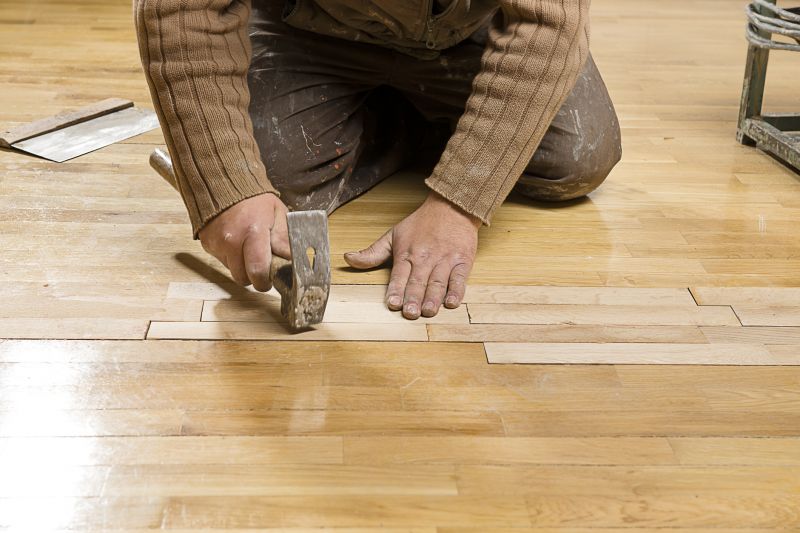
Spring offers ideal conditions for wood floor repairs due to moderate temperatures and humidity.
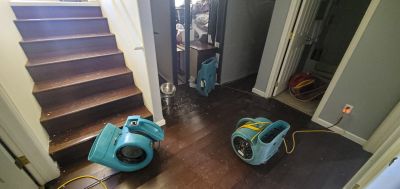
Using climate control devices ensures stable conditions during the repair process.
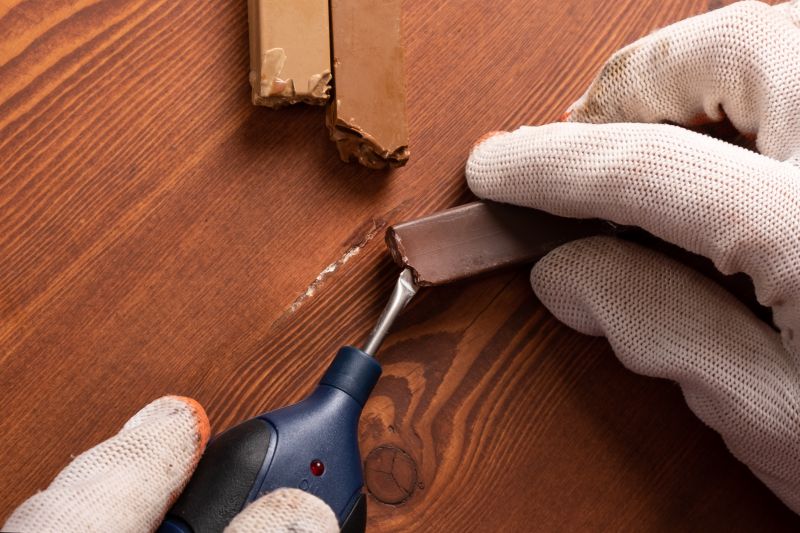
Scheduling repairs when the space is less occupied allows for thorough work and proper curing.
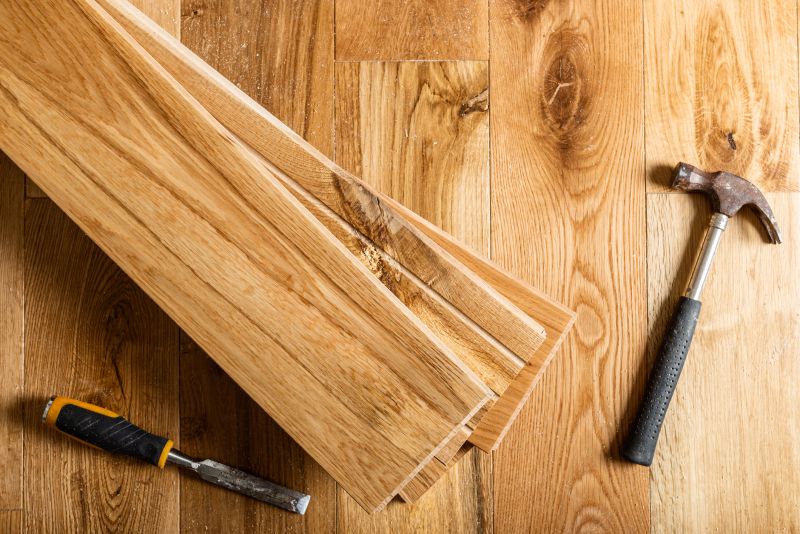
Ways to make Wood Floor Repairs work in tight or awkward layouts.
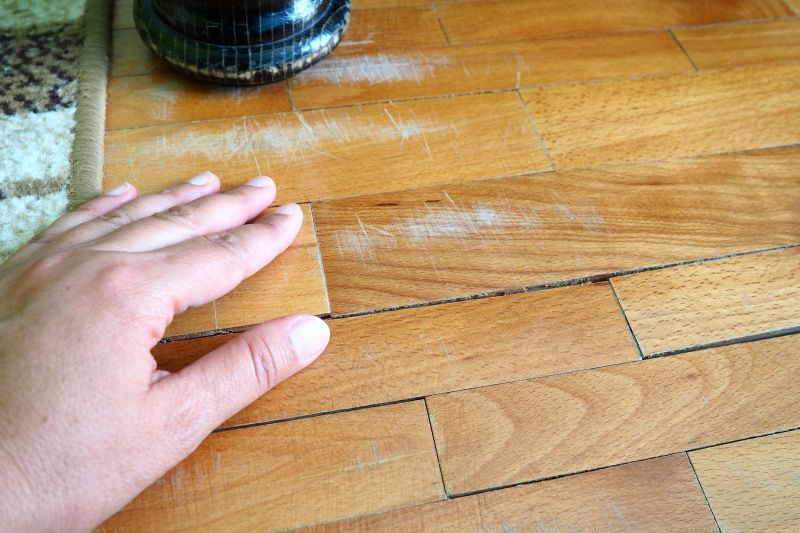
Popular materials for Wood Floor Repairs and why they hold up over time.
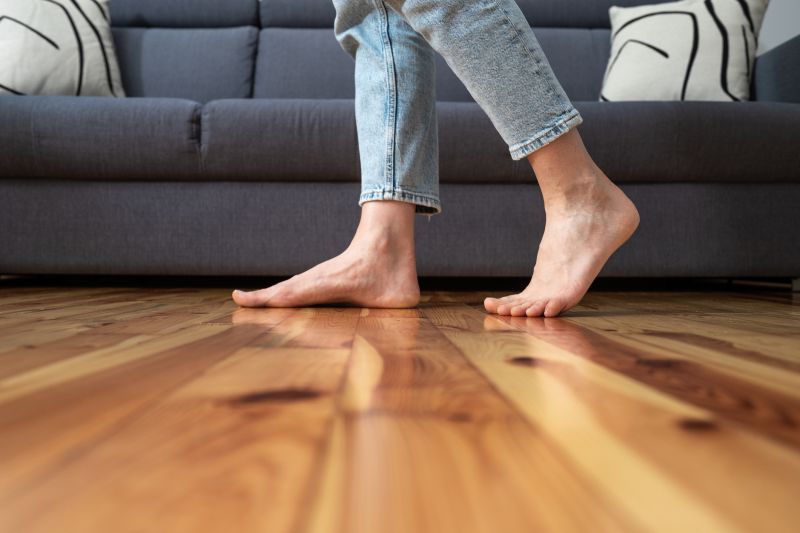
Simple add-ons that improve Wood Floor Repairs without blowing the budget.
| Season | Advantages |
|---|---|
| Spring | Moderate temperatures and humidity, ideal for repairs. |
| Summer | Potential for high humidity; requires climate control. |
| Fall | Stable conditions and less occupancy. |
| Winter | Dry air can cause wood to shrink; less ideal. |
| Late Summer | High humidity; best avoided without climate control. |
Wood floor repairs involve addressing issues such as scratches, dents, warping, and finish deterioration. Proper timing ensures that repairs are effective and durable. It is essential to monitor indoor environmental conditions to prevent further damage during the repair process. Regular maintenance and timely repairs can extend the lifespan of wood flooring, maintaining its appearance and structural integrity.
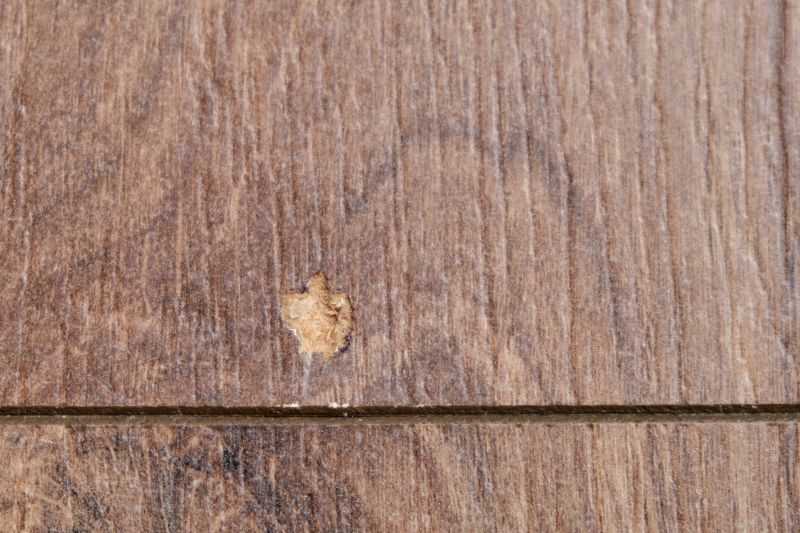
Step-by-step repair techniques restore the appearance and function of damaged floors.
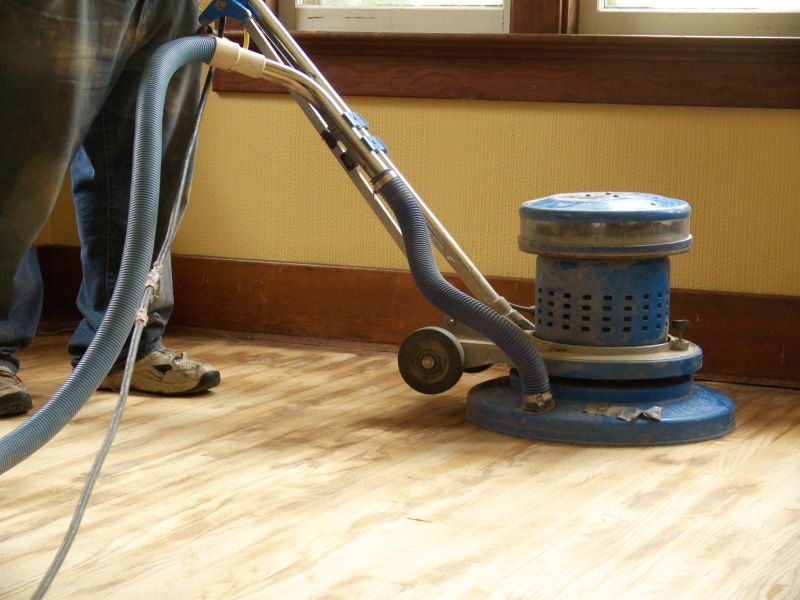
Refinishing can be scheduled during optimal seasons for best results.
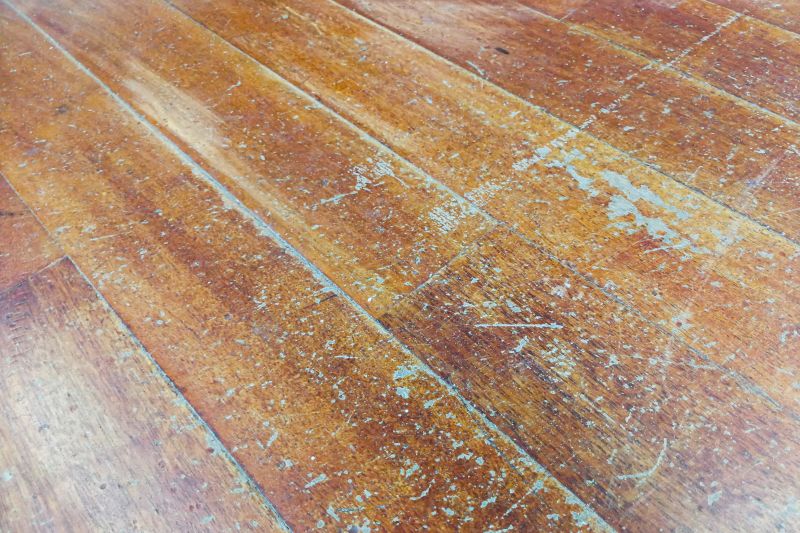
Regular inspections help identify issues early and plan repairs accordingly.
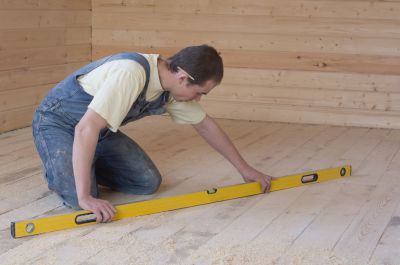
Specialized tools ensure precise repairs and smooth finishes.
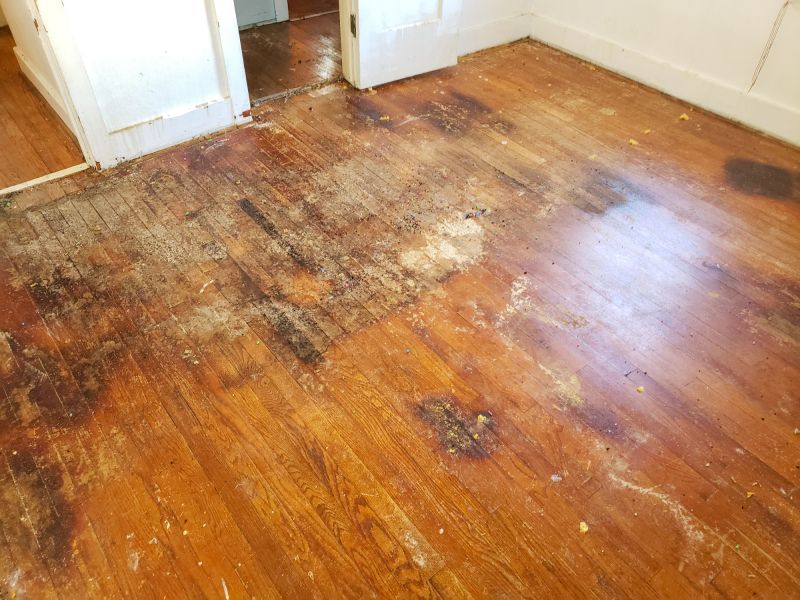
High-end options that actually feel worth it for Wood Floor Repairs.
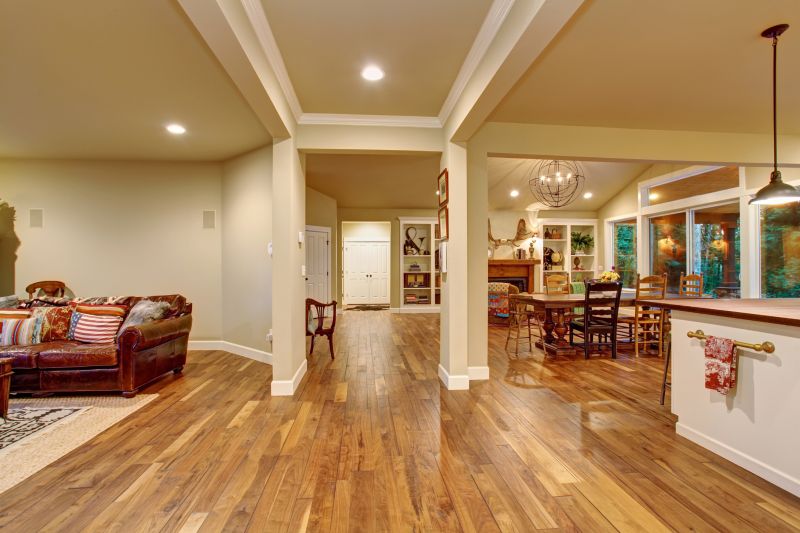
Finishes and colors that play nicely with Wood Floor Repairs.
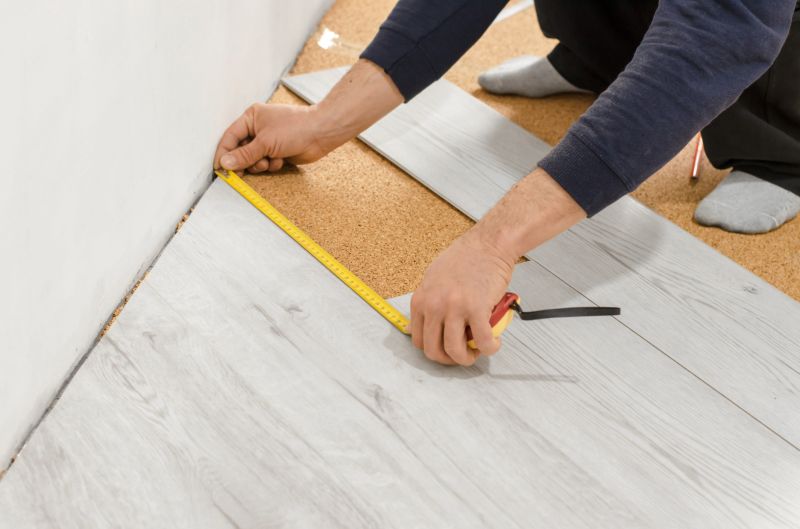
Little measurements that prevent headaches on Wood Floor Repairs day.
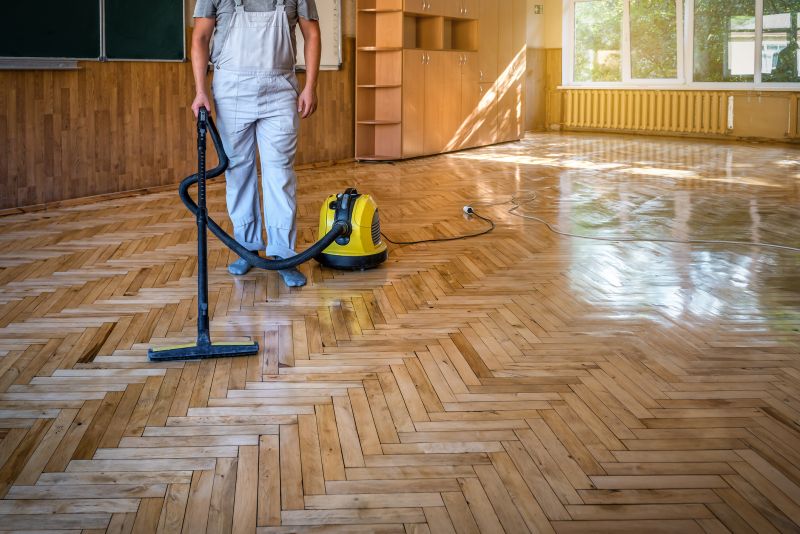
A 60-second routine that keeps Wood Floor Repairs looking new.
Interested in scheduling wood floor repairs? Filling out the contact form provides an opportunity to discuss specific needs, schedule repairs during optimal times, and ensure the best possible outcome for the flooring project.
